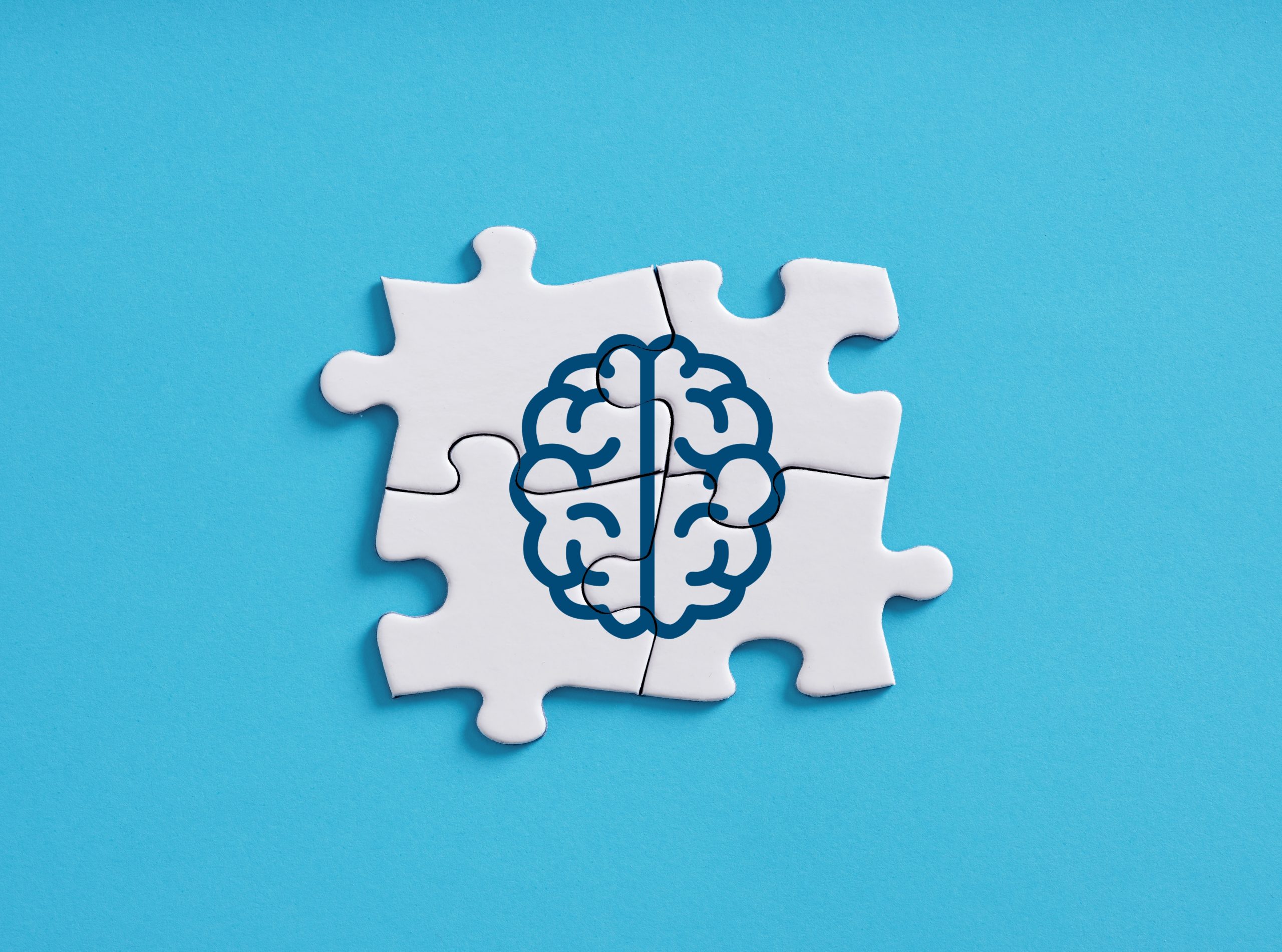Socialization is an important aspect of our lives. It is the process of interacting with others and developing relationships. While socialization is often associated with emotional well-being, it also has an impact on brain health. Here are some of the ways socialization can promote brain health:
Stimulates Cognitive Function
Socialization can stimulate cognitive function by challenging the brain with new experiences and ideas. Socializing with others can also improve memory, attention, and problem-solving skills. A study published in the Journal of Aging Research found that social engagement is positively associated with cognitive function in older adults.
Reduces Stress
Socializing with others can reduce stress levels. Social support from friends and family can help individuals cope with stressful situations, which can have a positive impact on brain health. Chronic stress can have negative effects on the brain, including impaired memory and decreased brain volume.
Provides Mental Stimulation
Socialization provides mental stimulation by exposing individuals to new ideas and perspectives. Socializing with others can also promote creativity and innovation. A study published in the Journal of Personality and Social Psychology found that socializing with diverse groups of people can promote creativity.
Enhances Emotional Well-Being
Socialization can enhance emotional well-being by providing opportunities for social support, which can help individuals cope with negative emotions. Socialization can also increase positive emotions, such as happiness and joy. A study published in the Journal of Personality and Social Psychology found that social support can buffer the negative effects of stress on emotional well-being.
Delays Cognitive Decline
Socialization may help delay cognitive decline. A study published in the Journal of Gerontology found that social engagement is associated with slower cognitive decline in older adults. Socialization may also help prevent or delay the onset of dementia.
Promotes Physical Health
Socialization can also promote physical health, which is closely linked to brain health. Socializing with others can promote healthy behaviors, such as exercise, healthy eating, and getting enough sleep. A study published in the Journal of Health Psychology found that social support can help individuals adhere to healthy behaviors.
Fosters Sense of Purpose
Socialization can foster a sense of purpose, which is important for brain health. Socializing with others can provide individuals with a sense of belonging and significance, which can help promote mental and emotional well-being. A study published in the Journal of Aging and Health found that social support can promote a sense of purpose in older adults.
In conclusion, socialization plays an important role in promoting brain health. It stimulates cognitive function, reduces stress, provides mental stimulation, enhances emotional well-being, delays cognitive decline, promotes physical health, and fosters a sense of purpose. Socialization is important for individuals of all ages, but it may be particularly important for older adults, who are at a higher risk for cognitive decline and dementia. Encouraging socialization can be as simple as spending time with friends and family, joining a club or social group, or volunteering in the community.












